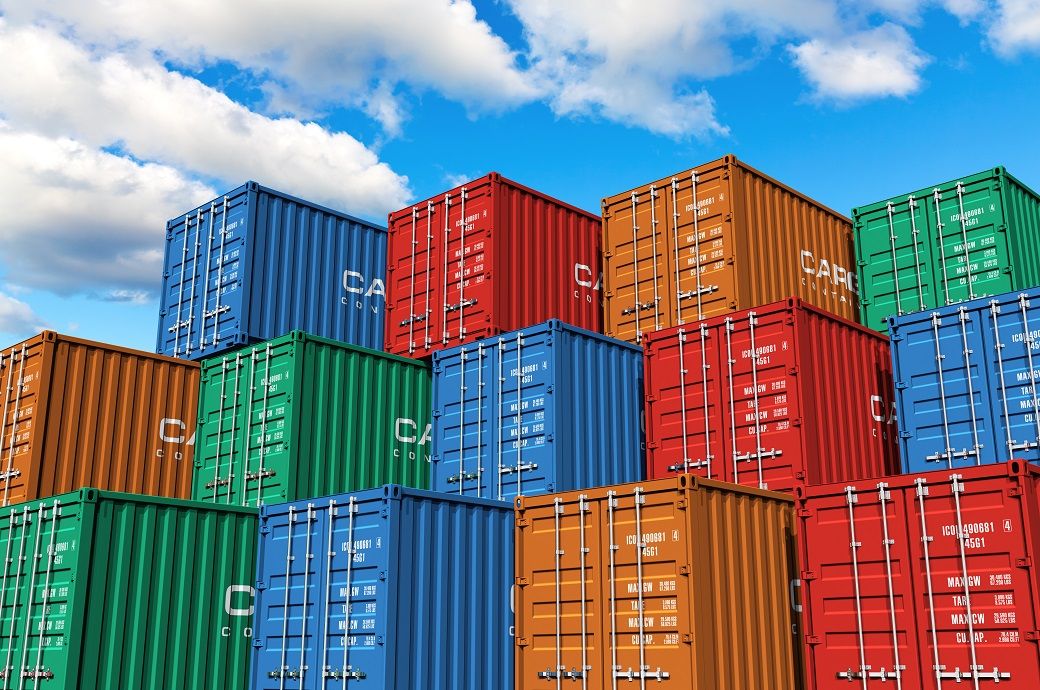

Slowdown in global economic growth and geopolitical tensions affecting trade volumes are the key risks, it noted in a recent presentation.
In the first ten months of FY24, cargo volumes in the country witnessed a 7.6 per cent YoY growth after growing by 8.3 per cent YoY in FY23. Container and coal volumes witnessed growths of 10.5 per cent YoY and 8.4 per cent YoY respectively, while petroleum product volumes witnessed modest growth.
The container segment has witnessed a bit of a slowdown following the Red Sea crisis. Going forward in FY25, volume growth of 6-8 per cent is expected, supported by continued healthy coal imports, while container segment growth is expected to moderate amid the Red Sea crisis resulting in elevated freight rates.
On the policy front, the draft Indian Ports Bill 2023 is under consultation aiming to improve transparency related to port tariffs and streamline the dispute-resolution mechanism.
The success of the Conciliation and Settlement Committee (CSC)—an alternate resolution mechanism set up in 2022 to address the legacy tariff dispute—will also be important for the sector, ICRA noted.
New projects are also being awarded in line with growth envisioned in Maritime Vision 2030. A large capital expenditure has been planned for the next decade to augment port capacity and infrastructure.
Project execution is expected to pick up pace, going forward. Aggressive capacity additions may lead to supply-demand mismatches in a few clusters leading to increased competition and pricing pressure for ports in those clusters, ICRA said.
The sector witnessed consolidation in the last few years with acquisition of smaller, standalone players by larger groups and this consolidation trend in the sector is expected to continue, it added.
Fibre2Fashion News Desk (DS)